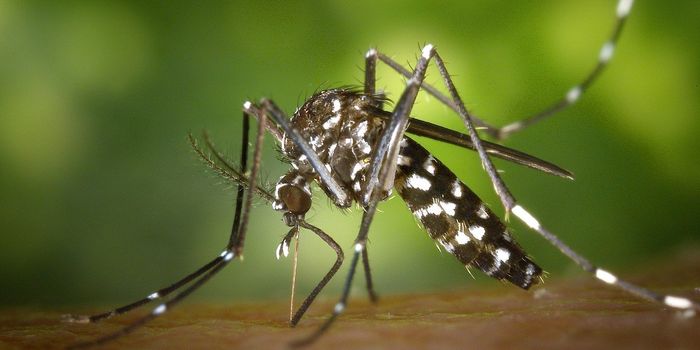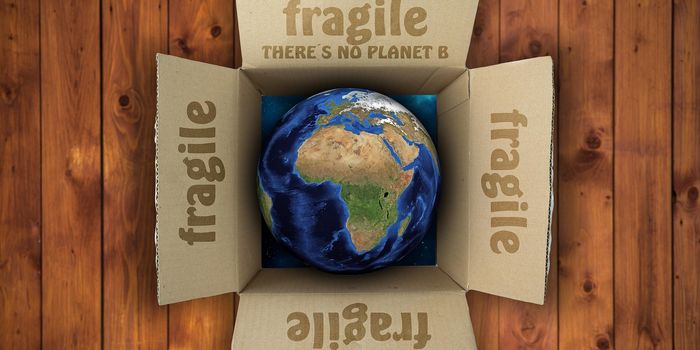Gabon Forest Elephants Face More Illegal Hunting Troubles Than Originally Thought
Elephants are among the many species of animals in the world that are facing a slippery slope of population declines due to the constant onslaught from illegal hunters. This practice, known as poaching, puts a heavy strain on the animal kingdom because it prevents the animals from flourishing in their own natural habitats.
While a number of elephant populations are affected by the act of illegal hunting, due to their valuable ivory tusks, one kind that has slipped under the radar for far too long is the forest elephant from the Central African country of Gabon.
Image Credit: Nathan Williamson for Gabon National Parks
According to a report that made its way into the journal Current Biology, the animals were always thought to be living in a ‘sanctuary’ so to speak, safe from these kinds of heinous activities, but their declining numbers, which experts estimate are down as much as 80% over the last decade, reveal how the animals are being silently driven towards extinction.
“Because Gabon is thought to hold the largest remaining population of forest elephants, the implication is that forest elephants are in even more trouble than previously believed,” John Poulsen of Duke University and the Agence Nationale des Parcs Nationaux in Gabon explained. “With less than 100,000 elephants across all of Central Africa, the subspecies is in danger of extinction if governments and conservation agencies do not act fast.”
Although these sanctuaries were thought for so long to be a safe haven for the animals to live, it’s becoming appallingly clear that illegal hunters will go anywhere they need to go to kill the animals and make a profit off of them. That said, even these ‘protected’ forests aren’t safe for the forest elephants to attempt to thrive.
"We can no longer assume that apparently large and remote protected areas will conserve species--poachers will go anywhere that a profit can be made," Poulsen continued. "A corollary of this is that cross-border poaching is a major threat to species protection, and bilateral and multilateral efforts are essential for conservation. Species cross borders, and so do poachers."
According to the study, from the year 2004 until 2014, elephant dung surveys illustrated a serious decline in the species’ population at rates that were mind-bogglingly unexpected. While experts reportedly knew this was going on, they never imagined it was happening at such a wild rate.
At this point in time, it would seem the only thing we can do to help save the species is wait on China to effectively ban domestic ivory trade. Since China is where a lot of that ivory ends up, this ban would help reduce a lot of the ivory trading in the country, consequently reducing the number of elephants that are slaughtered as a result.
Unfortunately, it’s hard to stop the black market entirely. Wherever there’s demand and money to be made, supply will always find a way through.
Source: EurekAlert









